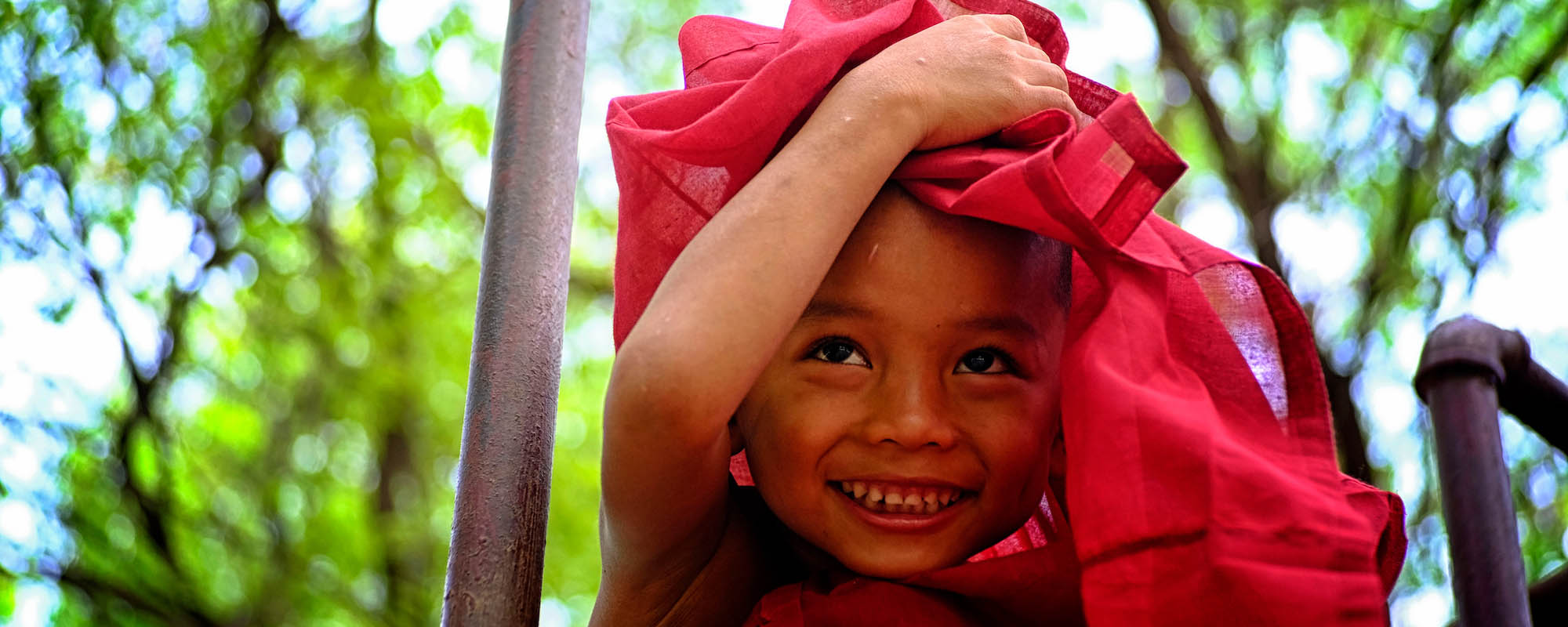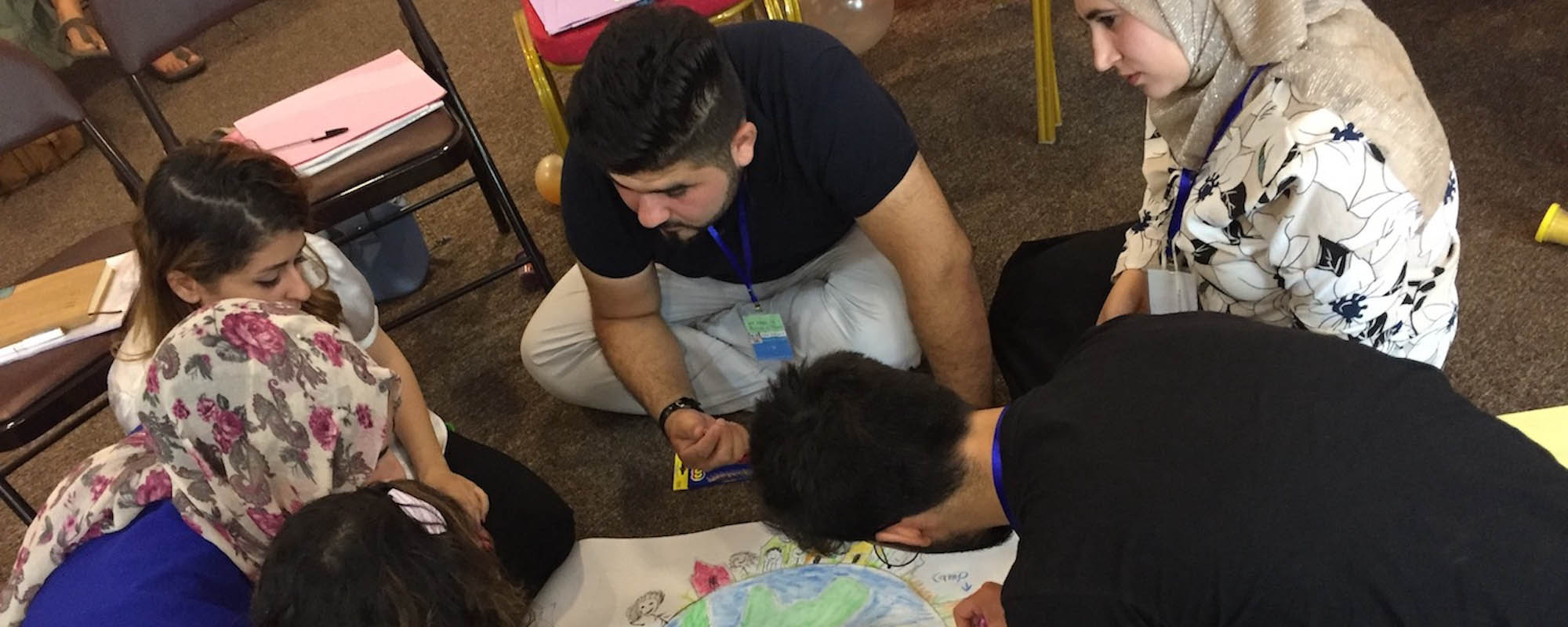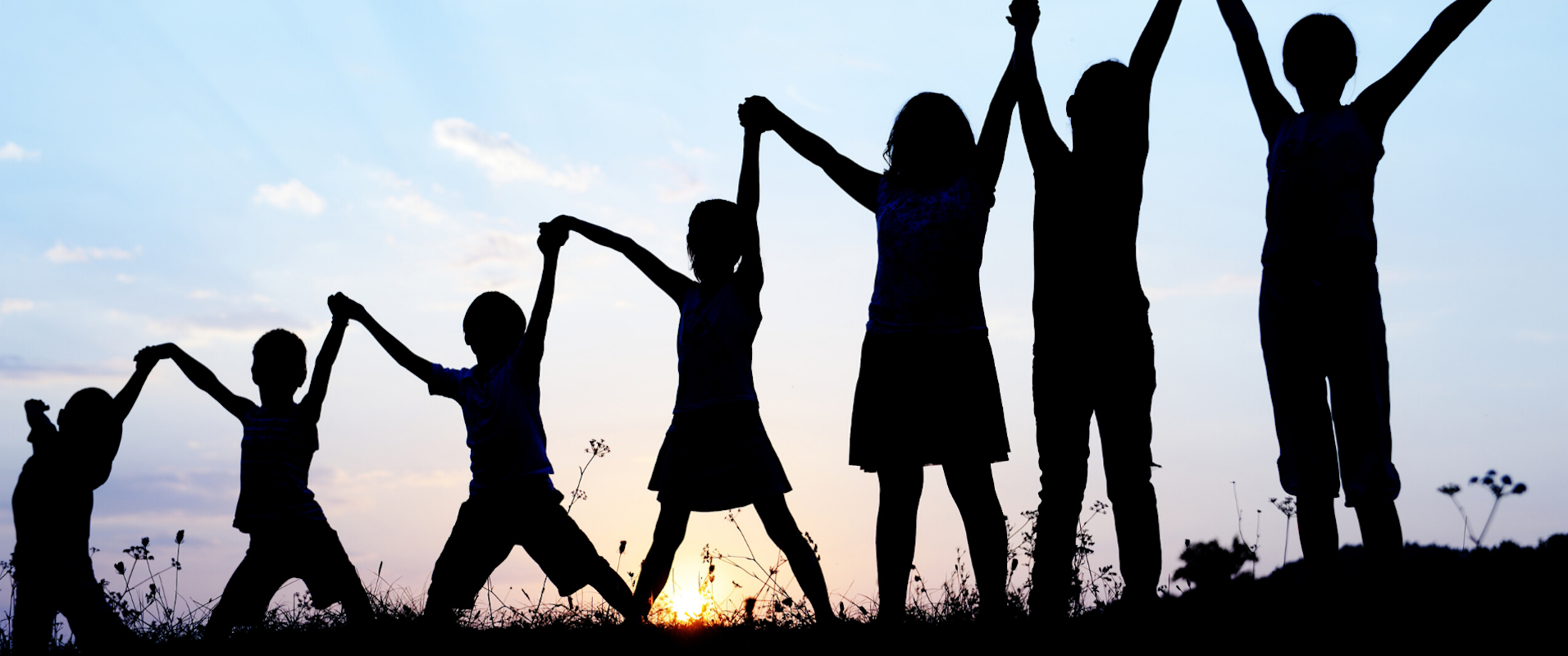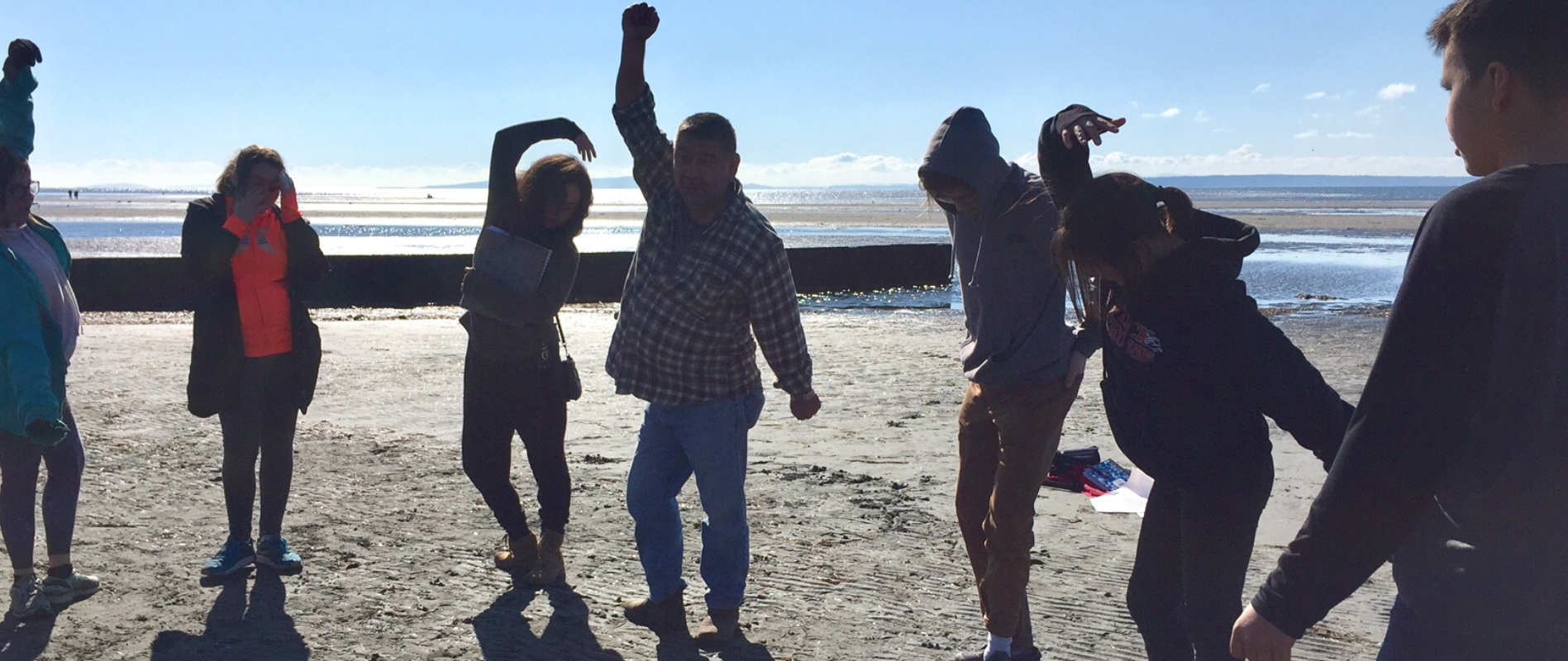
By Manuel Manrique Castro
Original published in Spanish in El Mundo de Medellín, Colombia
March 12, 2014
Translated by Cynthia Selde
It seems so very long ago when, in October of 1997, ten million Colombians showed up en masse to vote for El Mandato Ciudadano por la Paz (the Citizens’ Mandate for Peace). Seventeen years later, the young voters who cast their ballots last Sunday are looking forward to – although not without a touch of skepticism -- the presidential election that is coming up at the end of May. Many of those young people are unaware of the poll that took place so many years ago, and ignore its significance. Collective memory is a fragile thing, and often fails to appreciate events that actually made a difference. The road toward the peace we all yearn for is paved with countless efforts carried out by ordinary individuals, and foremost among them are the expressions of children’s heartfelt wishes for a country without bullets, violent attacks, or futile deaths. The potency and vitality of children’s desires, however, are overlooked because children are unable to vote, and no surveys or polls are taken to gauge the prevalence and weight of their convictions. The vote for the Citizens’ Mandate for Peace was made possible because a year earlier 2,700,330 children in 330 towns – and this included 450,000 from Antioquía – stated: “We don’t want war. We want peace in our country.” And that clear message, voiced by the youngest members of the population, created the conditions that made the Citizens’ Mandate for Peace possible. Green ballots were included in the 1997 elections, which allowed every citizen to say: “I vote for peace, life and liberty. I promise to be a builder of peace and social justice, to protect life, to reject all violence, and I support the Children’s Mandate for Peace.” The violence continued, but that collective expression of a desire for peace and a better future, especially among children, has continued to grow, in spite of the difficult twists and turns the peace process has experienced during the last two decades. Years later, in 2005, UNICEF asked poet William Ospina to write the Universal Proclamation on Behalf of Children Who Want Peace,which says, “The world seemed to have been created to make us happy, with fields that give us fruit, flocks that give us meat and milk, jungles that produce an abundance of air and water. But too soon we discovered that egoism runs rampant among nations, people want to own everything, but care for no one, that there’s violence at home, with cruel and selfish parents, human beings filled with resentment, caused perhaps by age-old suffering, and that many of those who should have been protecting and teaching us, beat and humiliated us instead. They were unable to see the future we held in our souls, or the countless inventions hidden in our brains, or the ships, the books, the paintings, the music, the abundant crops, or the human kindness that our hands were capable of producing.” The Proclamation ends with the following words: “MOTHER nature: Help us to be wiser than those who should be protecting us, to be more humane than those who were incapable of teaching us how to be so. If they are cruel because they were never children, help us then to be children, and to say no to these sad wars and to these old hatreds. Give us a love for life, a friend to accompany us along the way, strength and talent in our hands so we can create, and gratitude in our hearts so we can see everything they could not, so we can build a happier world with the same reality with which they manufactured egoism and suffering. Help us to avoid their sadness so that, by freeing ourselves from being like them, we can one day show them that it is possible to live a different life, and that that is the only forgiveness they require.” Children share the most powerful and genuine desire for peace. Their needs and desires, however, are never collected by public opinion polls or surveys. Nor does one see their opinions expressed out on the streets, where those who protest are usually adults. It is among children, however, where one finds the greatest human potential, and if children were given the collective opportunity, they would surely put their assets to better use than we have.






